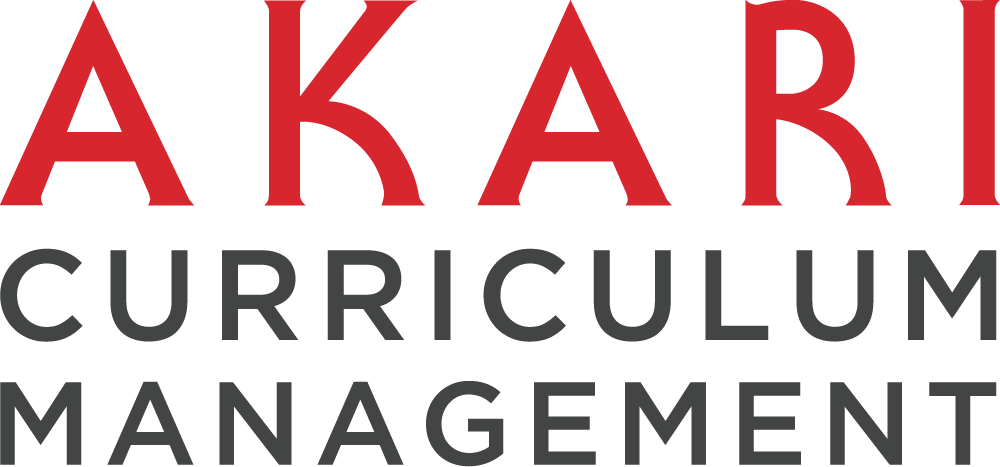
Curriculum Management, Learner Motivation and AI
Akari’s core curriculum solution allows academics to design and create multiple patterns of teaching and assessment to ensure learner achievement of the desired learning outcomes – this includes patterns that maintain and rebuild learner engagement and motivation in the process while maintaining academic integrity and assessment authenticity.
Preventing Amotivation
There are many approaches to improving learner engagement and motivation. De facto remotivating interventions occur when amotivation has already happened. In Akari, we’re focussing on supporting Individualisation of the curriculum – that is, the intentional design of different patterns of teaching and assessment in advance in order to avoid amotivation and disengagement – as opposed to personalisation which occurs dynamically after the fact based on signals of demotivation and disengagement in order to ‘cure’ the problem.
Cost of Remotivation
Remotivation is an expensive process involving working with an individual student to rebuild motivation, so we’re providing tools to assist academics in designing a curriculum that prevents or at least reduces amotivation/demotivation.
While that does include looking at the traditional signals of learner demotivation, it uses those signals to do root cause analysis to drive curriculum redesign rather than to drive time-intensive, in-person interventions for individual learners.
Addressing Learner Choices
Motivation and engagement is a process that starts before the learner even signs up for a programme of study.
The explosion of choice within Higher Education programmes and the parallel explosion of micro-learning opportunities create a real problem for learners to identify the right learning pathway for them.
In a sense, too much choice is as bad as no choice at all. So, we foresee a move away from browsing and searching course catalogues towards the creation of personalised learning pathways based on learner profiles and desired learner outcomes.
This will require portable learner profiles that belong to the learner and ways of assessing learner achievement of academic and non-academic outcomes.
These non-academic outcomes could be Graduate Attributes, 21st Century Transversal Skills or other professional skills such as in a framework like SFIA (Skills Framework for the Information Age).
AI can assist in both the mapping of skills and in determining learning pathways that optimise for time, skill level or other measures.
Misconceptions about AI
Unfortunately, a lot of the current hype around AI demonstrates that the people who think they are disrupting different industries and jobs don’t understand those industries or jobs very well.
In Akari, we see AI as an assistive technology that currently cannot and ultimately should not be making decisions. For example, we are looking at support for curriculum mapping to the UN Strategic Development Goals.
It’s a detailed, time-consuming process for people to come up with an initial mapping and to keep the mapping maintained and current, but AI can do that easily – while leaving the final judgement to the academic, as to whether the mapping is correct or the curriculum should be changed to ‘better align’ the mapping.
Again, AI could assist with this but it has to be the person’s call.






